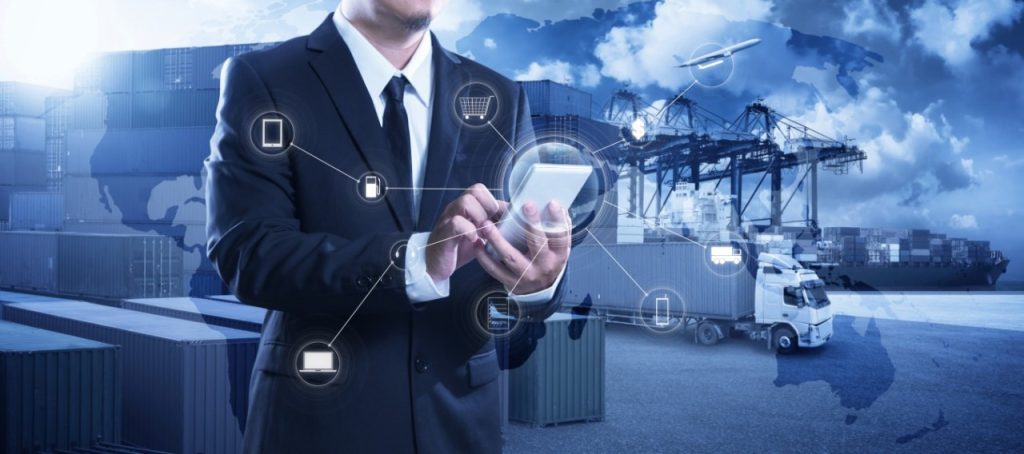Revolutionizing Logistics: The Role of Cutting-Edge Tech in Merchandise Transport
In an era where time is as valuable as the goods being transported, efficient merchandise transport is not just a necessity; it’s the backbone of global commerce. The integration of advanced technology in this sector has been nothing short of transformative. Companies like AttriX are at the forefront of this revolution, leveraging innovative solutions to streamline logistics and redefine the efficiency of merchandise transport.
The Emergence of Technological Innovations in Transport
The transportation industry, historically reliant on manual processes and conventional methods, is now embracing a digital transformation. This shift is driven by the need to meet the ever-increasing demands of speed, efficiency, and accuracy in merchandise delivery.
GPS and Real-Time Tracking Systems
One of the most significant advancements is the use of GPS and real-time tracking systems. These technologies provide precise location data, enabling companies to monitor their fleet in real-time. This not only enhances the security of the goods in transit but also allows for more accurate delivery time predictions, a critical factor in customer satisfaction.
Automated Logistics Management
Automation in logistics management has been a game-changer. Systems powered by Artificial Intelligence (AI) and Machine Learning (ML) can analyze vast amounts of data to optimize routes, predict maintenance needs, and even identify potential disruptions in the supply chain. This proactive approach minimizes downtime and ensures a smoother flow of goods.
AttriX: A Pioneer in Technology-Driven Transport Solutions
AttriX stands as a beacon of innovation in the merchandise transport sector. Their solutions exemplify how technology can not only enhance operational efficiency but also contribute to significant cost savings and environmental sustainability.
Eco-Driving and Fuel Management
AttriX’s focus on eco-driving and fuel management is a testament to their commitment to sustainable practices. By using advanced sensors and analytics, their systems encourage more fuel-efficient driving behaviors. This not only reduces the carbon footprint of transport activities but also translates to substantial savings in fuel costs.
Integrated Communication Systems
The integration of robust communication systems in transport vehicles is another area where AttriX excels. Drivers and dispatchers can stay connected seamlessly, ensuring that any issues can be addressed promptly. This constant line of communication is vital for adapting to dynamic situations on the road and making real-time decisions.
The Impact of Technological Advancements on Supply Chain Efficiency
The ripple effects of these technological advancements extend far beyond the immediate realm of transport. The entire supply chain experiences a boost in efficiency, transparency, and reliability.
Enhanced Supply Chain Visibility
With technology, every step of the supply chain becomes more visible and accountable. Stakeholders can track the journey of their goods from warehouse to delivery, leading to improved trust and collaboration between partners.
Predictive Analytics in Inventory Management
Predictive analytics plays a crucial role in inventory management. By forecasting demand and potential supply chain disruptions, companies can better prepare their inventory, reducing the risk of overstocking or stockouts. This level of precision in inventory management is crucial for maintaining a lean and responsive supply chain.
Conclusion: Embracing the Technological Future of Merchandise Transport
The evolution of technology in the merchandise transport sector is an ongoing journey. As we look ahead, the possibilities are limitless. Innovations like autonomous vehicles, drone deliveries, and blockchain in logistics are on the horizon, poised to further revolutionize this industry.
Companies like AttriX, with their forward-thinking approach and technological prowess, are leading the charge in this transformation. Their solutions not only improve the efficiency of merchandise transport but also contribute to a more sustainable and cost-effective logistics ecosystem.
As technology continues to evolve, it is clear that the key to efficient merchandise transport lies in embracing these advancements. In doing so, businesses can ensure they remain competitive, responsive, and aligned with the demands of a rapidly changing global market. The future of logistics is here, and it is powered by technology.
